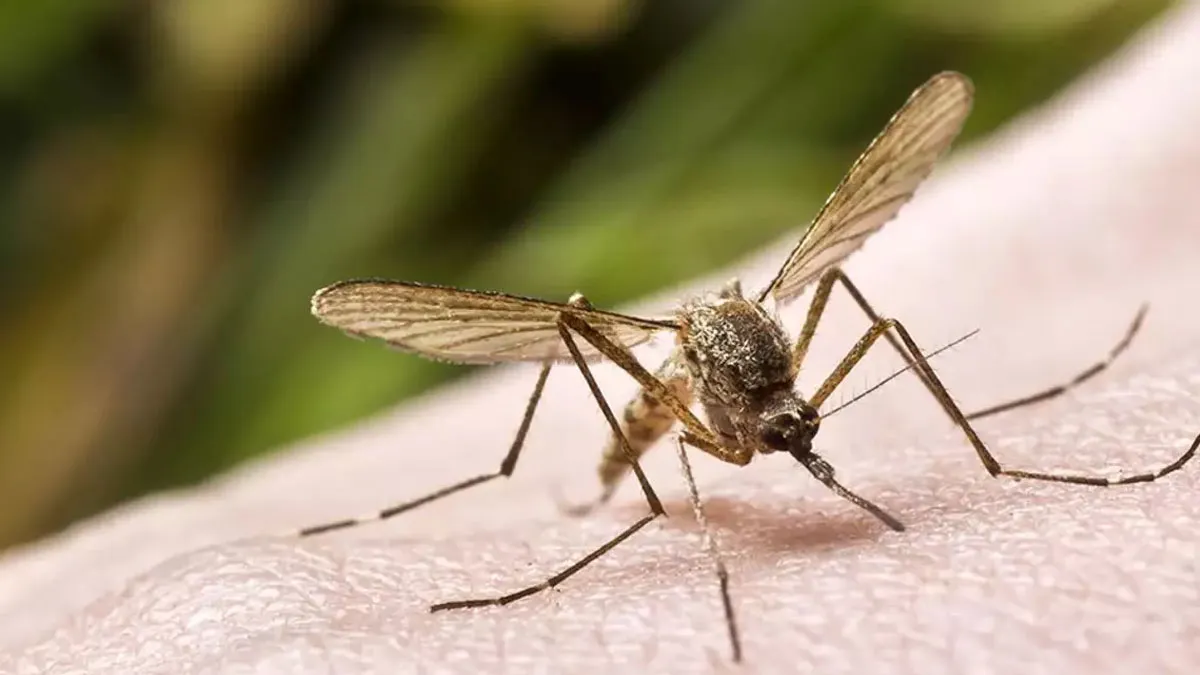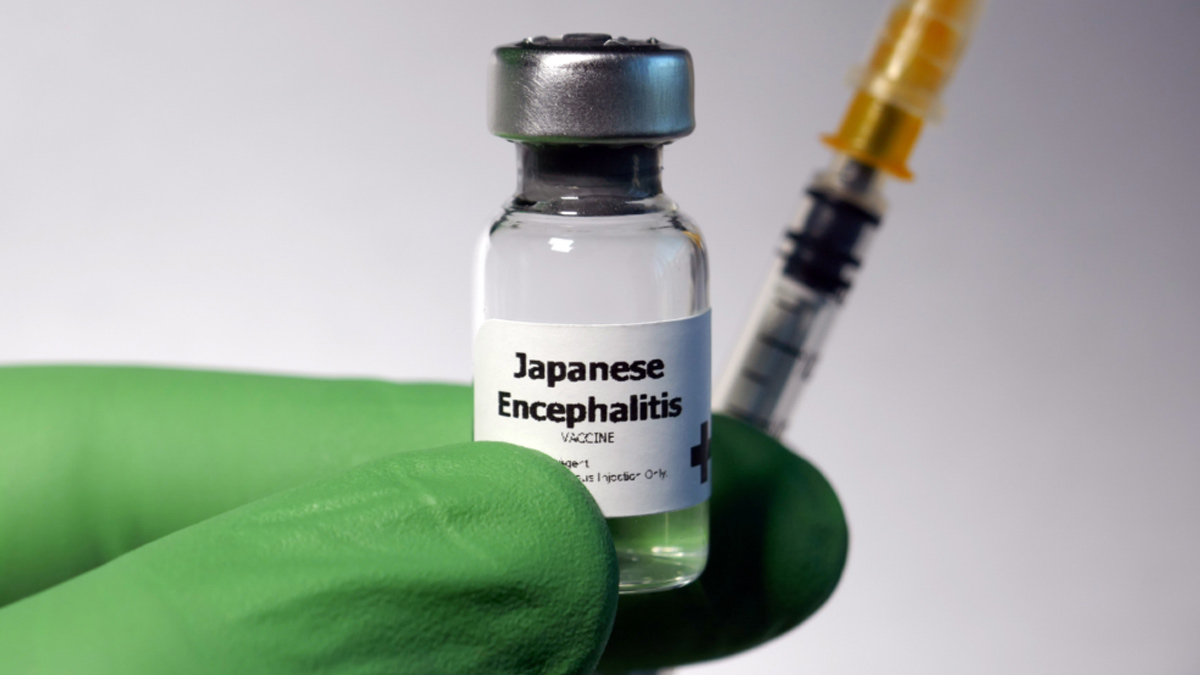
Delhi has reported its first confirmed case of Japanese Encephalitis (JE), a zoonotic viral disease that impacts the brain. Health officials have reassured residents that the case is an isolated incident, and measures are being implemented as per the National Centre for Vector Borne Diseases Control (NCVBDC) guidelines. While there is no immediate cause for alarm, the case highlights the importance of awareness about this serious condition.
Table of Content:-
Details of the Case
The patient, a 72-year-old man from West Delhi, was admitted to the All India Institute of Medical Sciences (AIIMS) on November 3, initially seeking treatment for chest pain. He also had underlying health conditions, including diabetes, coronary artery disease, and neurological issues. On November 6, blood tests confirmed his diagnosis of Japanese Encephalitis. Following treatment, he was discharged on November 15.
Authorities have classified this as an isolated case and emphasized that public health protocols are being strictly followed to prevent further infections.

What Is Japanese Encephalitis?
Japanese Encephalitis is a mosquito-borne viral infection that primarily affects the brain, leading to inflammation. According to Dr S. K. Mundhra from the Internal Medicine Department of Saroj Super Specialty Hospital in New Delhi, the virus is typically transmitted through the bite of infected mosquitoes, particularly those breeding in stagnant water.
The disease is prevalent in Asia and the Western Pacific regions and is more common in rural and agricultural areas. While it does not spread through person-to-person contact, unclean surroundings and proximity to pigs can increase the risk of infection.
Children aged 1 to 14 are particularly vulnerable, and cases often spike during the rainy season, from August to October. Dr. Mundhra explains that when children are affected, their cognitive, sensory, and motor functions can be significantly impaired.
-1732868555866.jpg)
Symptoms to Watch For
Japanese Encephalitis infections often go unnoticed because the majority of cases are asymptomatic or mild, presenting with symptoms like fever and headache. However, severe cases can be life-threatening and require immediate medical attention. Key symptoms include:
- High fever and severe headache
- Neck stiffness and disorientation
- Vomiting, particularly in children
- Seizures and spastic paralysis
- Coma in extreme cases
Severe infections have a high fatality rate of up to 30%, and survivors may experience lasting complications such as memory loss, vision and hearing problems, limb weakness, or behavioural changes.
-1732868584910.jpg)
Treatment and Care
Currently, there is no specific antiviral treatment for Japanese Encephalitis. Medical care focuses on managing symptoms and stabilizing the patient. Severe cases require intensive care, including support for neurological complications.
Also Read: IIT-Kanpur’s Seven-Year Study Unveils Alarming Pollution Trends In Delhi
Rehabilitation is essential for survivors, as many experience long-term cognitive or physical impairments. Families of those affected are encouraged to seek assistance from disability-focused organizations for legal, social, and economic support.
Prevention is Key
The best way to prevent JE is to minimize exposure to mosquito bites. Simple preventive measures include:
- Using mosquito nets and repellents
- Eliminating stagnant water sources
- Ensuring good sanitation practices
Vaccination is also an effective method of protection, particularly for people living in or travelling to high-risk areas.
View this post on Instagram
Bottomline
While Delhi's first case of Japanese Encephalitis is an isolated incident, it serves as a reminder of the importance of vigilance against mosquito-borne diseases. By staying informed and taking preventive measures, individuals can protect themselves and their communities from this potentially deadly condition.
Also watch this video
Read Next
Pyaar Ka Punchnama Fame Sonnalli Seygall Welcomes Baby Girl: Here Are A Few Postpartum Care Tips
How we keep this article up to date:
We work with experts and keep a close eye on the latest in health and wellness. Whenever there is a new research or helpful information, we update our articles with accurate and useful advice.
Current Version